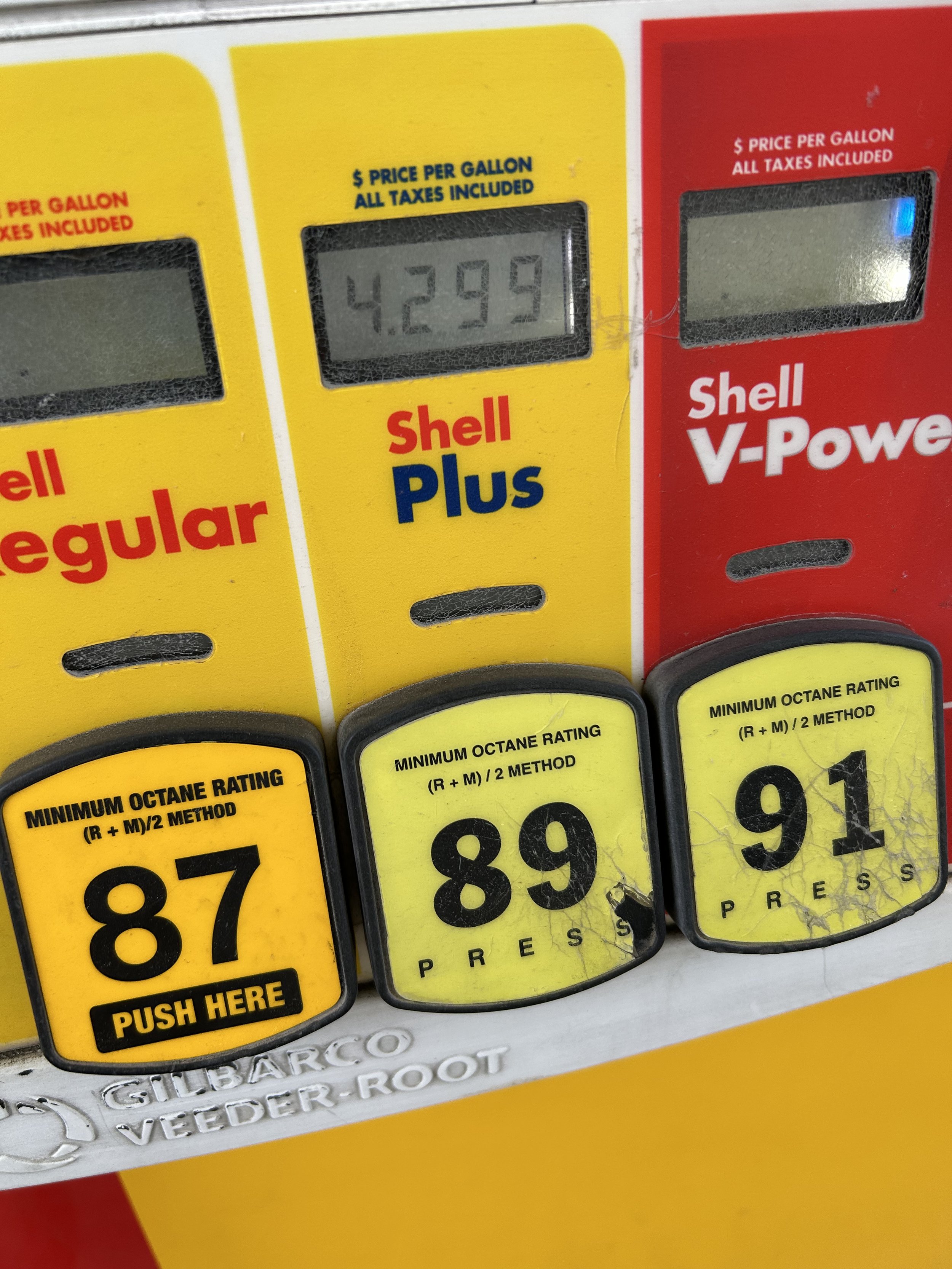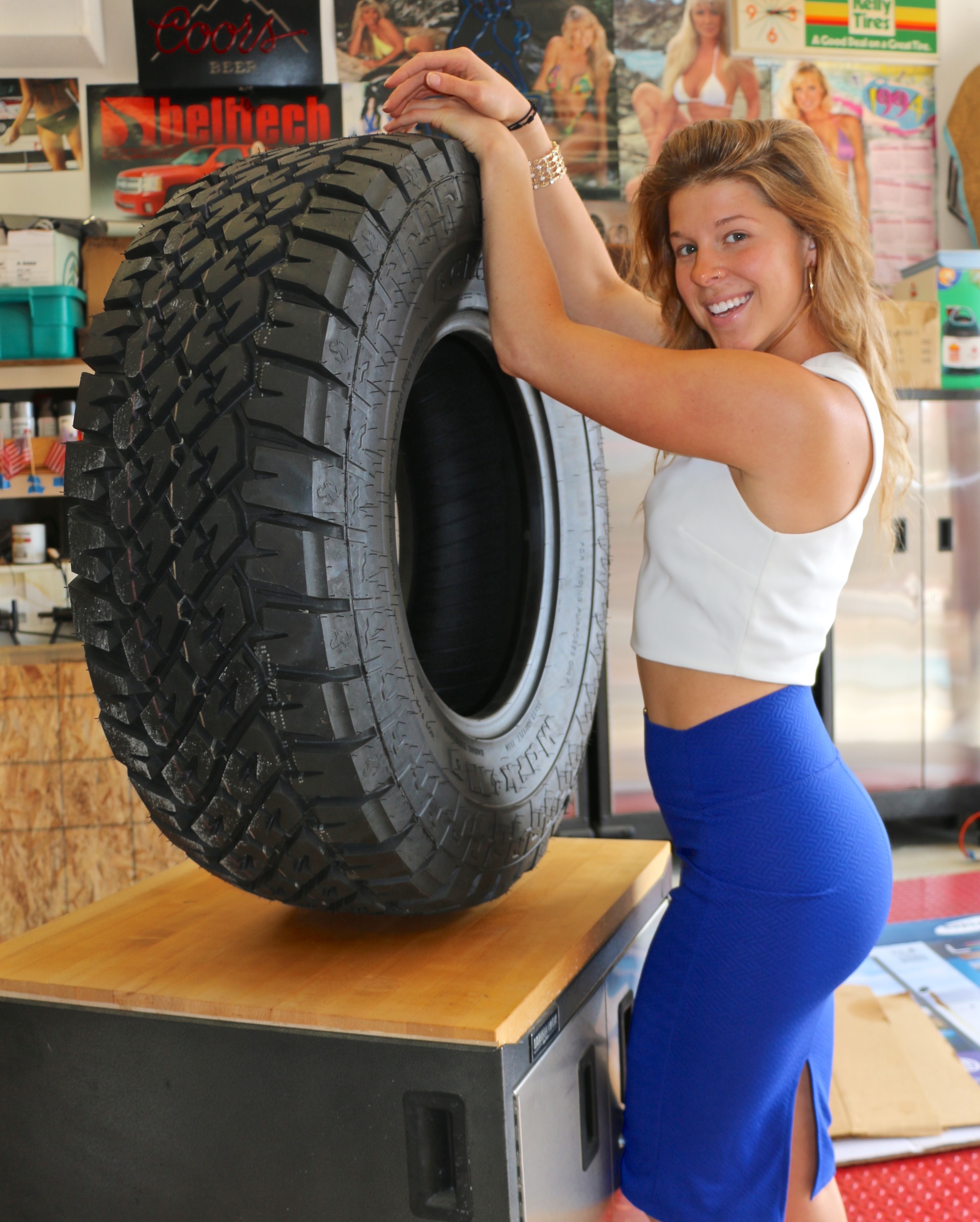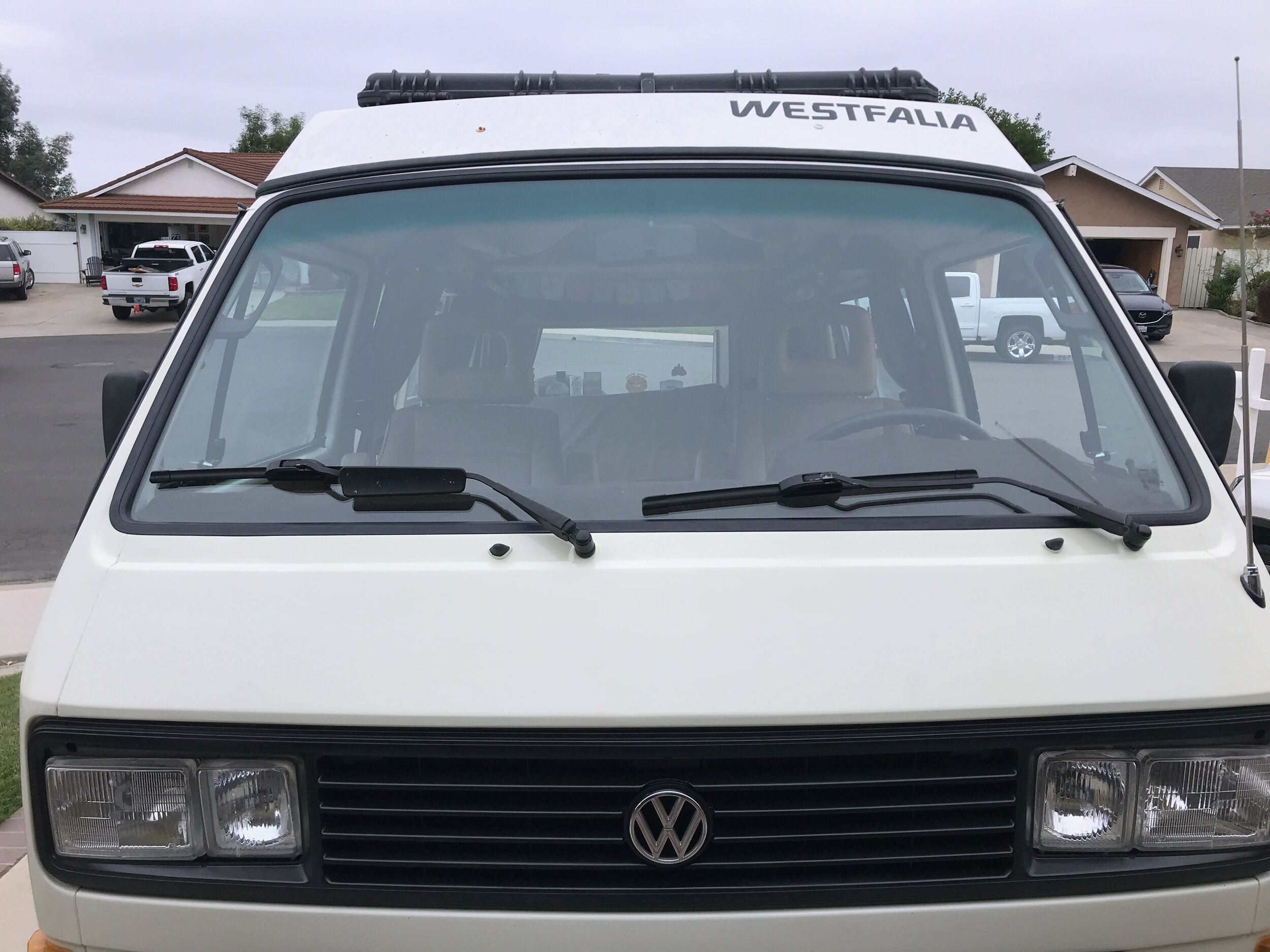Classic Car Insurance (3 Minute Read)
Finding insurance to safeguard your classic, custom or historic car can be complicated. But there are a few things you can do to make your life easier. First, understand the basics about insuring these types of vehicles.
Vanagons are considered motorhomes and most insurance companies have restrictions on your style of driving. If you camp in your Vanagon understand that some classic car companies will consider that a breach of contract.
Stated Value vs. Agreed Value vs. Actual Cash Value
I am not an insurance broker or adjuster. What I have to say is my opinion based on experience and some Google research, etc. You should do your own research first. Here’s what I discovered:
The terms “stated value,” “actual cash value” and “agreed value” are commonplace in the auto insurance world. These distinctions are critical if you make a claim.
According to insurance brokers, actual cash value means the value of the vehicle at the time of incident, which is determined by the insurer. If their resale guides suggest your old Vanagon Syncro is worth $10,000 then that’s what you are going to get for it. Unless you hire an attorney, and prove otherwise. Most policies from big underwriters say that they pay ACV for a total claim.
Stated value is similar to ACV. The amount that you state in writing that your vehicle is worth based on comps for similar vehicles before the incident. Let’s say the vehicle had a $15,000 stated value. That’s the amount the insurance company is willing to pay up to if something happens. But, the stated value can actually decrease, depending on the resale car market at the time of the incident. Maybe the same $15,000 car looses 20 percent of its resale over time. Stated values are common Insurance brokers say. The good news is you don’t need an appraisal and this is an affordable way to approach insurance buying because your premiums stay low. The pros about Stated values is your premiums will be lower than Agreed value. If you aren’t concerned about high premiums then avoid Stated value policies and ask for Agreed value policies.
With “agreed value” though you are saying you will take no less than X-amount of dollars to replace the vehicle. Often times this requires an auto appraisal at your expense. You’re likely to see your premiums climb too. But the good news is that you are fully covered should anything happen and for the amount that you and the insurer agreed upon. It’s standard practice and there can be no disagreements. But most big insurers will not write an “agreed value” policy… suggested brokers. You’ll have to do a lot of calling around to find one who will. Again, look for higher premiums with Agreed values.
Appraisals
A classic vehicle appraisal is good to have on file whenever you need to state the value of a vehicle. A proper appraisal involves a visit from a licensed appraiser who can examine a vehicle in person to determine its condition, features and market value. They range from a few hundred dollars on up. Be sure to get an appraisal from a qualified business, not your friend down the street.
For instance, GoWesty offers appraisals for Vanagons. Hemmings.com appraisals all types of classics. Look for appraisers who have references and who have worked with insurance companies. A worthwhile appraisal needs to be well-documented and professionally written with citations, and sources… not chicken scratch on a napkin.
Classifications
It’s important to understand how an insurance company classifies your vehicle. I’m going to use my 1986 Vanagon camper as an example. Vanagons fall in a gray area of insurance coverage oftentimes. Are these old vans considered motorhomes, or passenger vehicles? It’s been my experience that “yes” they are considered motorhomes only if you have a sink, stove and electricity on-board. It is up to the DMV to decide if you meet the qualifications of a motorhome. When I purchased my Vanagon insurance my agent simply listed it as a motorhome because I had the camper edition. They then wrote me a policy for a motorhome. It is much cheaper than a passenger Vanagon like a non-camper edition. That was my experience. You should check with your agent and ask how they will classify it.
Sometimes that classification can come with daily use restrictions. Hagerty expressly states that you cannot camp in a Vanagon, and mileage is restricted. Be aware of the fine print in any policy, and ask how they classify your classic car. Is it a motorhome, a sports car, or an historic vehicle? You need to ask because depending on its classification your premium and coverage is affected. Vanagons with propane stoves also pose a problem to some insurers. Be honest about your vehicle, and move to the next company on your list if you don’t feel comfortable signing an agreement. There’s no gain in fighting with an insurance company’s policy makers.
Did you know that Hagerty requires garaging a vehicle? What if I live in an apartment without garages? How many miles do you plan to drive a year? Some of the top insurers want to know everything about your vehicle. There are consequences to exceeding the mileage restrictions, and if you file a claim while camping in a vehicle insured by Hagerty, good luck getting reimbursed.
Brands Recommended
I don’t recommend insurance companies but there are some brand names that pop up frequently on forums: Geico, AAA, Farmers, Progressive, SafeCo… talk to all of the insurance companies to narrow it down.
Hagerty as you is popular and Roamly.com is another that I find interesting. I have a friend with a Pantera and he swears by Hagerty, in fact, he’s had a claim with them and they paid in full. Hagerty has loads of coverage, but they also have loads of do’s and don’ts.
Roamly.com isn’t specific to classic vehicles, but if you have a vehicle that is classified as a motorhome this broker might be ideal for you. You can even rent out your motorhome classified vehicle under Roamly.com without breaking the contract. Understand that practically every major insurer I’ve researched covers the Vanagon, but again, some will impose higher restrictions and fees than others.
Insuring a Modified Vehicle
If you have modified your vehicle with new larger wheels, suspension or anything that isn’t factory stock be sure to ask about coverage. A full-coverage policy should cover these upgrades, but they don’t always. Double check with your insurer that all of your modifications are covered under the policy. Also, ensure that your appraisal puts a specific dollar value on an upgrade.
If you want to read more about covering a modified vehicle Market Watch goes into more detail.






























